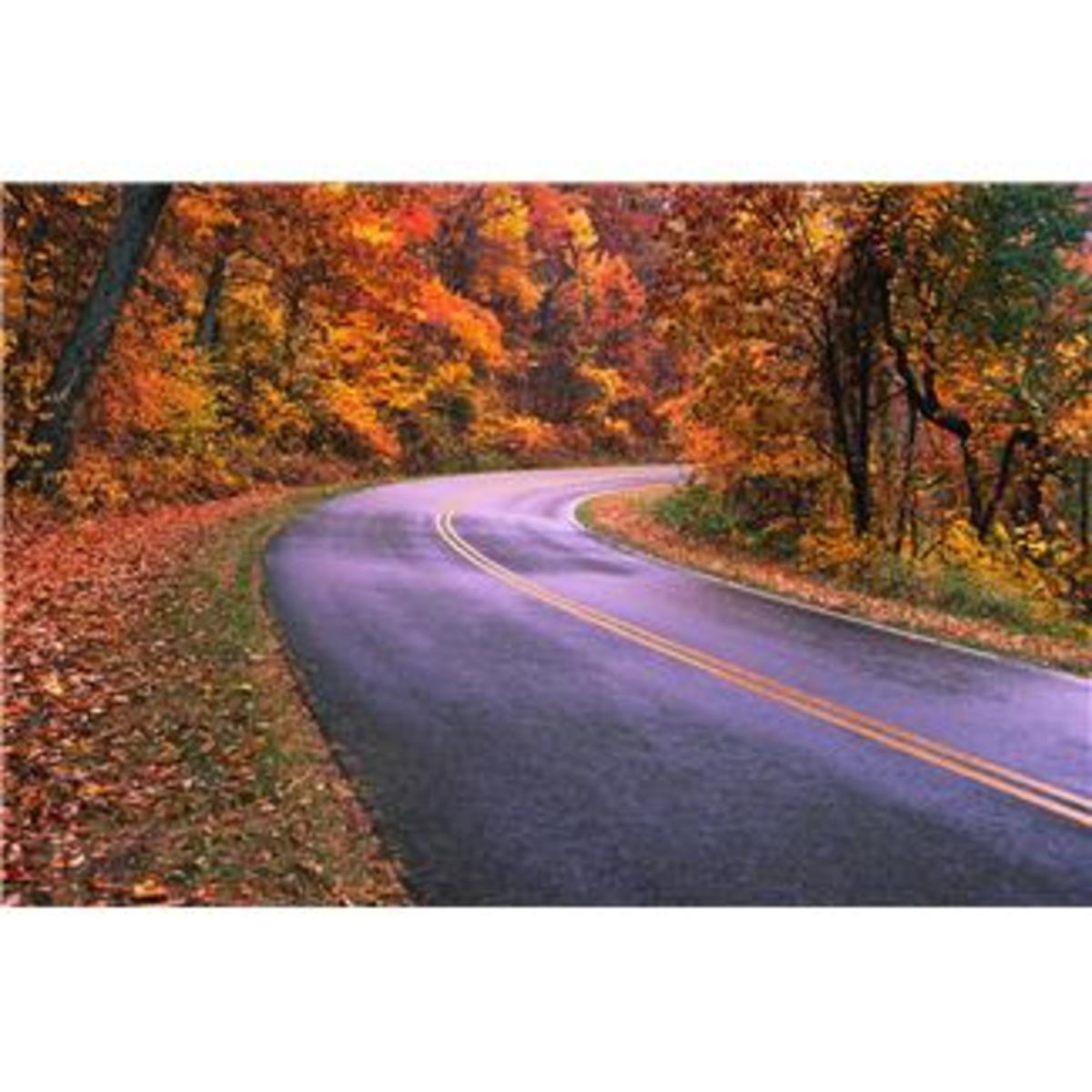Where Should I Live and Work in China?
China is NOT Small!
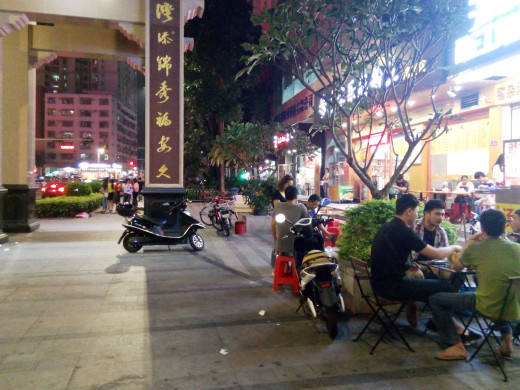
If you’ve made the decision to live and work in China as an ESL teacher you may be wondering exactly where to go. This is a good question, mainly because China is a vast land, absolutely huge in fact, which I certainly didn’t realise until I’d been here for a few months.
My city, Shenzhen, sits on the coastline of South East China and is, in a word, sprawling. A bus journey can last for two hours plus change without reaching the outskirts.
Similarly, a drive from South to North China can take 20 hours or more and I’ve had colleagues tell tales of train journeys which lasted for 30 hours!
Okay, Just Give Me the Facts
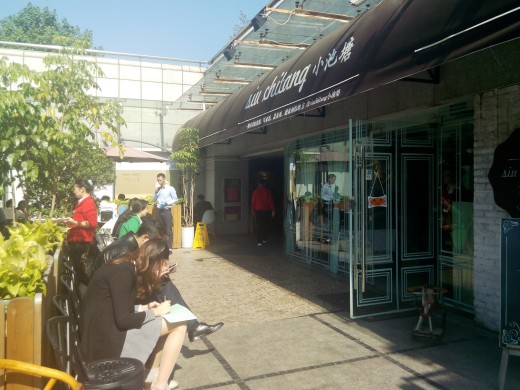
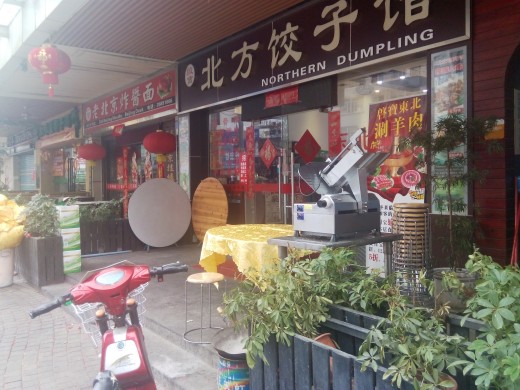
With 1.4 billion people China is the world’s most populous country. Its land mass covers almost 4 million square miles (almost 10 million km) and is home to a multitude of cities, towns and villages many with their own ethnic dialects and culture.
Beijing, the statuesque capital, offers a complexity of modern architecture combined with the immense Tiannamen Square and the Forbidden Palace. A little further south and over to the East lies the cosmopolitan and sophisticated sky scraper filled, financial magnet, Shanghai. And, just in case you’re wondering where the iconic Great Wall of China fits in; it's also in the north, running from the East to the West of the country.
So with all of this diversity; breathtaking mountain ranges, scenic grasslands, desert, stunning wild plains, modern cities and lakes, rivers and coastline, how exactly do you discern what could be a good fit for spending a year or more of your life?
This article will look in more detail at the options available giving you greater clarity when it comes to making a suitable choice.
So, Where Should I Start?
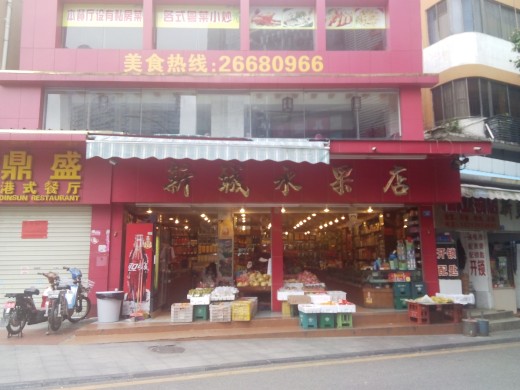
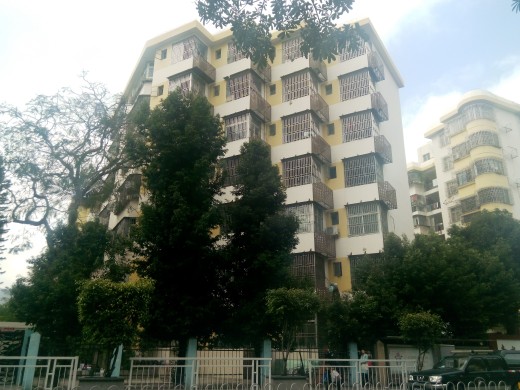
Begin by examining your own preferences.
In which type of environment are you most likely to feel at home and, crucially, do you want to continue with what’s familiar or embrace something totally new?
Do you favour big city living where you can easily get most of the things you’re used to in terms of social life, food, accommodation and shopping, or would you prefer a more culturally immersive experience? Are you willing to exchange creature comforts for a ‘real’ Chinese lifestyle?
Either choice will give you a novel experience. Even sitting in a Starbucks in a modern Chinese city will be a totally different feel to doing it in your home country, so consider carefully; just how much diversity do you want?
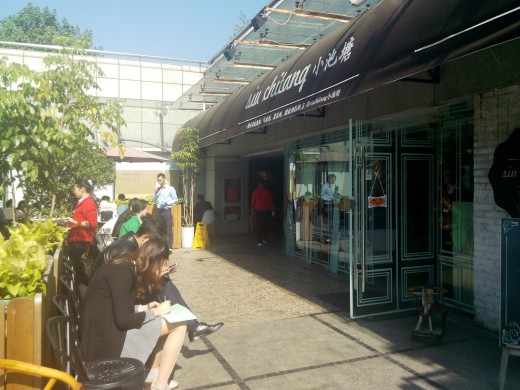
If this is your first time abroad for an extended period, be easy on yourself. Going straight to a small Chinese town where you may be the only westerner can be a real culture shock which is hard if not impossible to prepare for.
There’s so much to get used to in China that being in a modern city could make it easier to acclimatize. You’ll also feel less isolated as you’ll find other expats going through similar experiences.
Central and western China are the poorest parts of the country, in stark contrast to the thriving metropolises of the east and the South Eastern port cities, although the government has recently announced long term plans to correct this disparity.
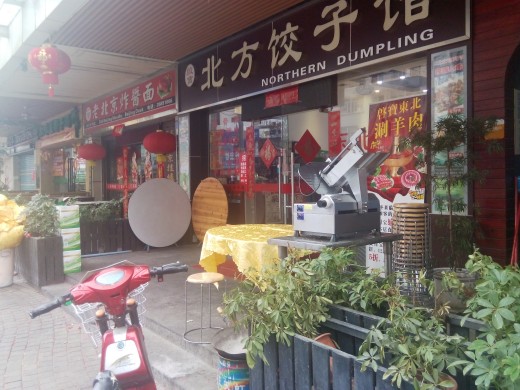
If this is your first time abroad for an extended period, be easy on yourself. Going straight to a small Chinese town where you may be the only westerner can be a real culture shock which is hard if not impossible to prepare for.
There’s so much to get used to in China that being in a modern city could make it easier to acclimatize. You’ll also feel less isolated as you’ll find other expats going through similar experiences.
Central and western China are the poorest parts of the country, in stark contrast to the thriving metropolises of the east and the South Eastern port cities, although the government has recently announced long term plans to correct this disparity.
The Major Cities
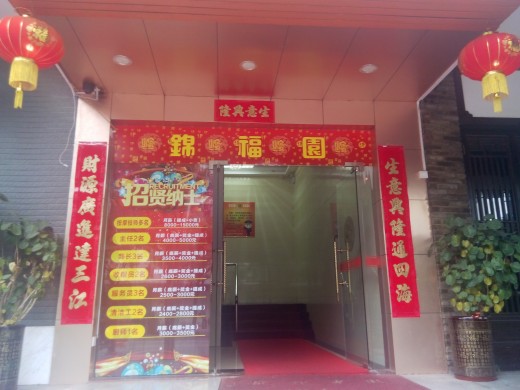
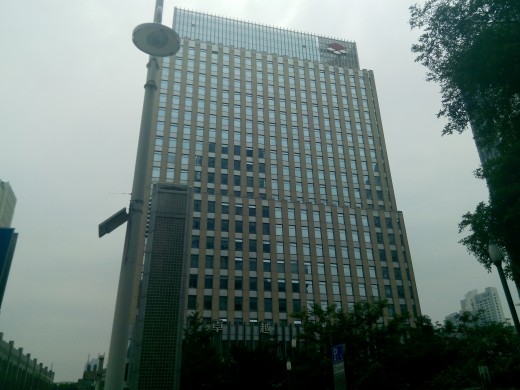
Beijing, Shanghai, Guangzhou and Shenzhen are the four big daddies with the larest population of both local and migrant workers who flock there seeking to earn a good living.
Other big cities include Xi’An, famous for it’s Terracotta Warriors, Chengdu, Nanjing, Shenyang, Chongching and Wuhan. Each has its own tourist attractions along with unique local scenery.
The biggest draw for newcomers is that they’re high on international flavour, albeit with a strong Chinese emphasis. You may see famous musicians of all genres live on tour. You can catch the latest releases at the cinema and have a MacDonalds, KFC or Pizza Hut meal anytime you fancy. There will also be more opportunity to buy familiar foods, clothing and alcohol and, as previously mentioned, the larger cities usually have a bigger expat community both on and off line.
The wifi is also likely to be pretty expansive although internet in China is slower than in the west.
Towns
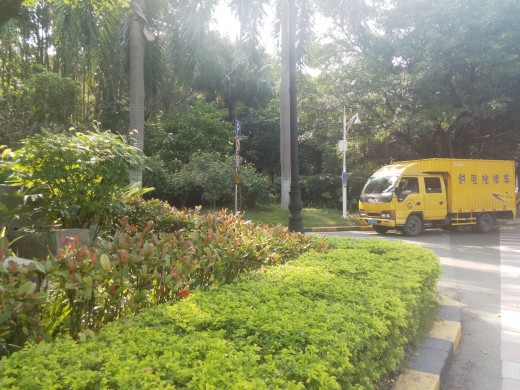
China is filled with hundreds of small towns and the keyword to describe them in contrast to the cities is 'laid-back.'
The pace of life is slower, the people are more open, welcoming and friendly and you won't have to travel far to encounter the beauty of the countryside. They're also significanty cheaper than the cities, although at the time of writing, life overall in China is vastly cheaper than in the west.
As I mentioned earlier, the price to pay for this easier and more economical way of life is foregoing things you're used to and truly living like a Chinese person, which may or may not be to your personal taste. For example your accomodation may be spartan by Western standards and you could end up being offered soup, noodles and greens for breakfast instead of cereal.
If you think you could adjust for one year or two and you'd like to take away memories of living in the real, unembellished China then relocating to a small town could be for you.
Inner Mongolia
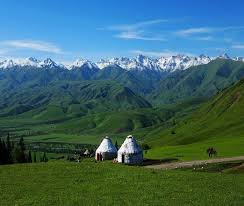
With towns of only 50,000 people, Inner Mongolia has much more land than populace and this particular land, as you can see from the photo, is really special.
Bordering with its Russian neighbour It's been described as a sea of grass streaked with radiant wildflowers. BIg cities don't exist here, but a growing demand for English teachers does.
Forgetting about western comforts for a while you'll be immersed in a lifestyle which even many city Chinese have never experienced. This is a great place and opportunity for making once in a lifetime memories.
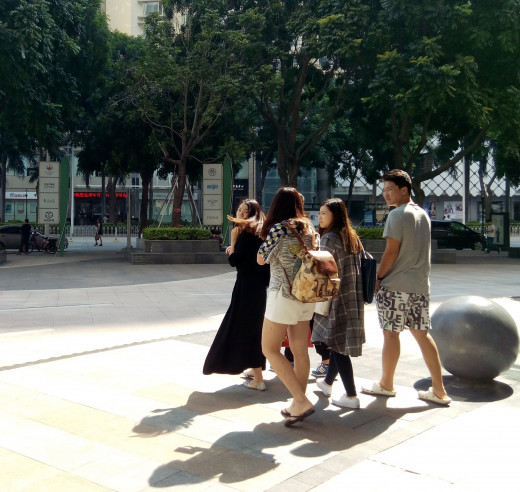
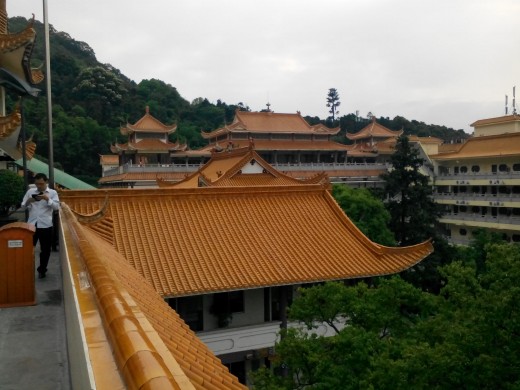
More Information for You
Final Thoughts
A quick word about money.
Some ESL teachers believe that it's easier to save money when living in a smaller town as the cost of living is much lower than a big city with it's temptations of bars, shows, nightly attractions and fast food.
Other ESL teachers stress their need for more of a mix between east and west and feel that this is best obtained outside of a small town and in a medium to large sized city.
In the towns people will get to know you quite quickly as you'll stand out. This is okay if you're a gregarious person who doesn't mind answering personal questions asked by complete strangers. The bigger cities offer slightly more anonymity but you'll still be an obvious minority.
However, if you decide to stay for more than a year then you could move around and get firsthand experience of both.
For more information about making a life in China check out http://hubpages.com/travel/You-Know-Youre-Ready-to-Become-an-Expat-in-China-When




